Summary
How can anyone not loveNicolas Cage?
Check out the full conversation in the video above or in the transcript below.
COLLIDER:I really want to start with how much I enjoyed your movie.
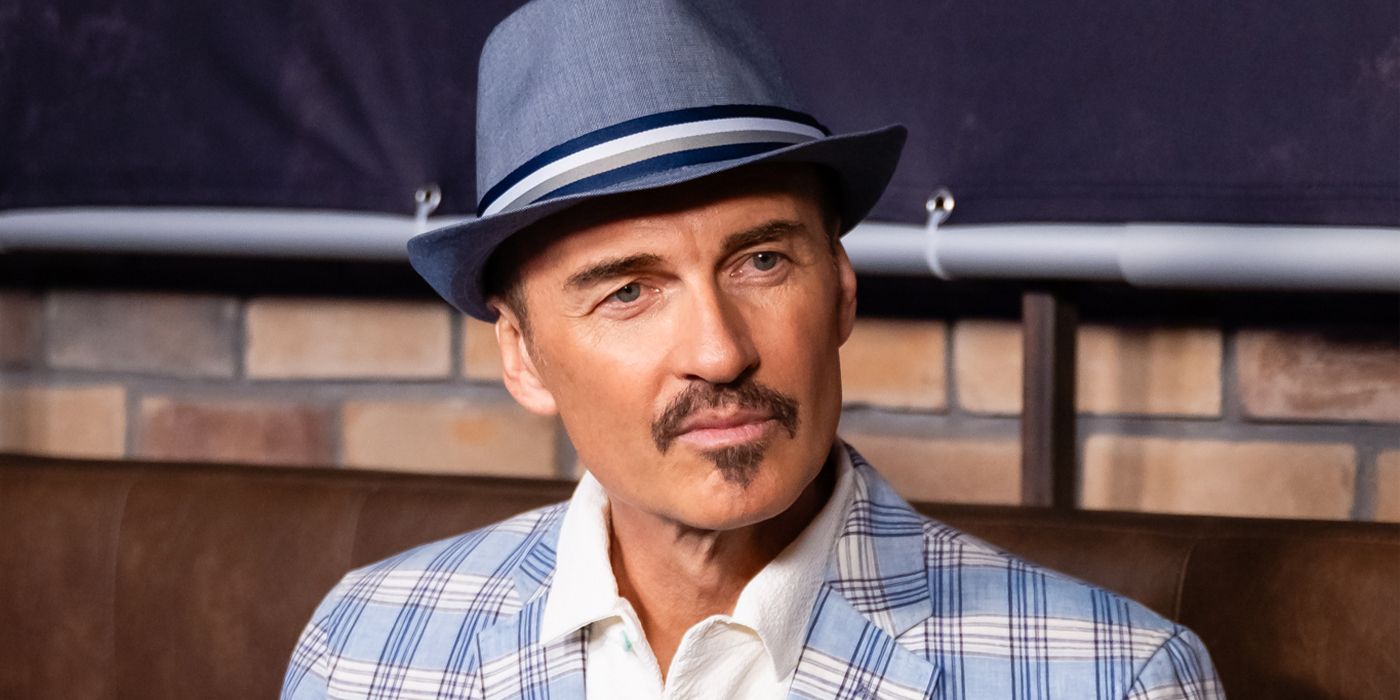
Image by Photagonist
How have you been describing the film to people who aren’t familiar with it?
LORCAN FINNEGAN: I really hate having to do that, but let’s call it a thriller.
It’s a very unique, very strange film, but also a lot of fun.
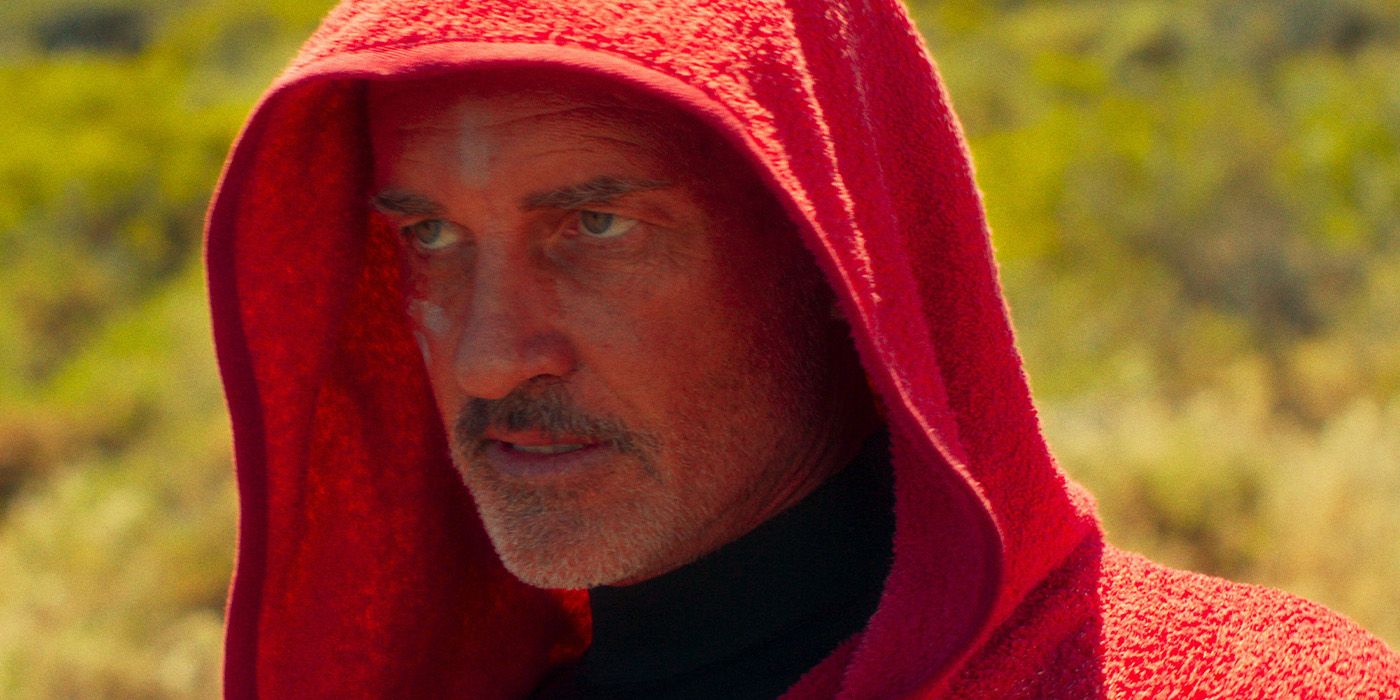
Image via Roadside Attractions Publicity
One of the things about the film that I really enjoyed is it keeps the audience off balance.
Can you talk about that aspect?
FINNEGAN: Well, that was the script.
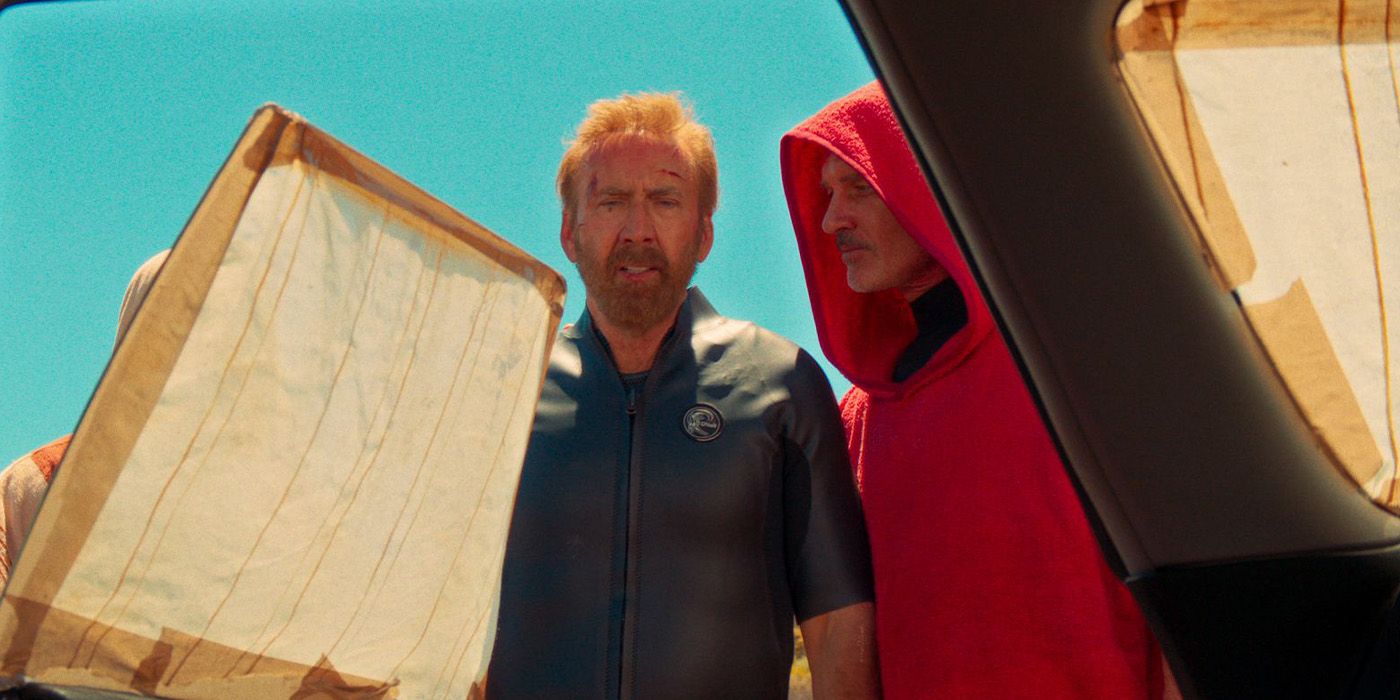
Image via Roadside Attractions Publicity
The script was written by Thomas Martin.
I commend you again.
It keeps you off balance.
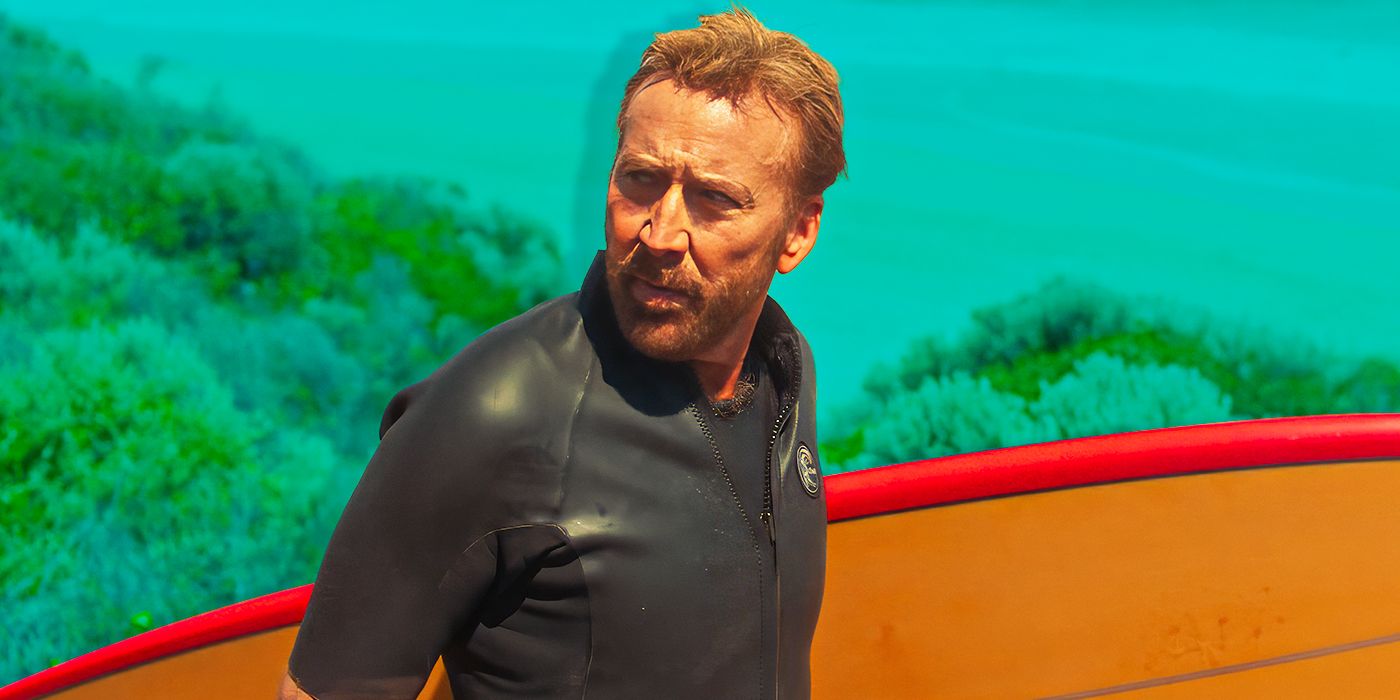
I wanted to work off of that."
What was it about this script and story that said, I need to do this?
Then, it was just the character.
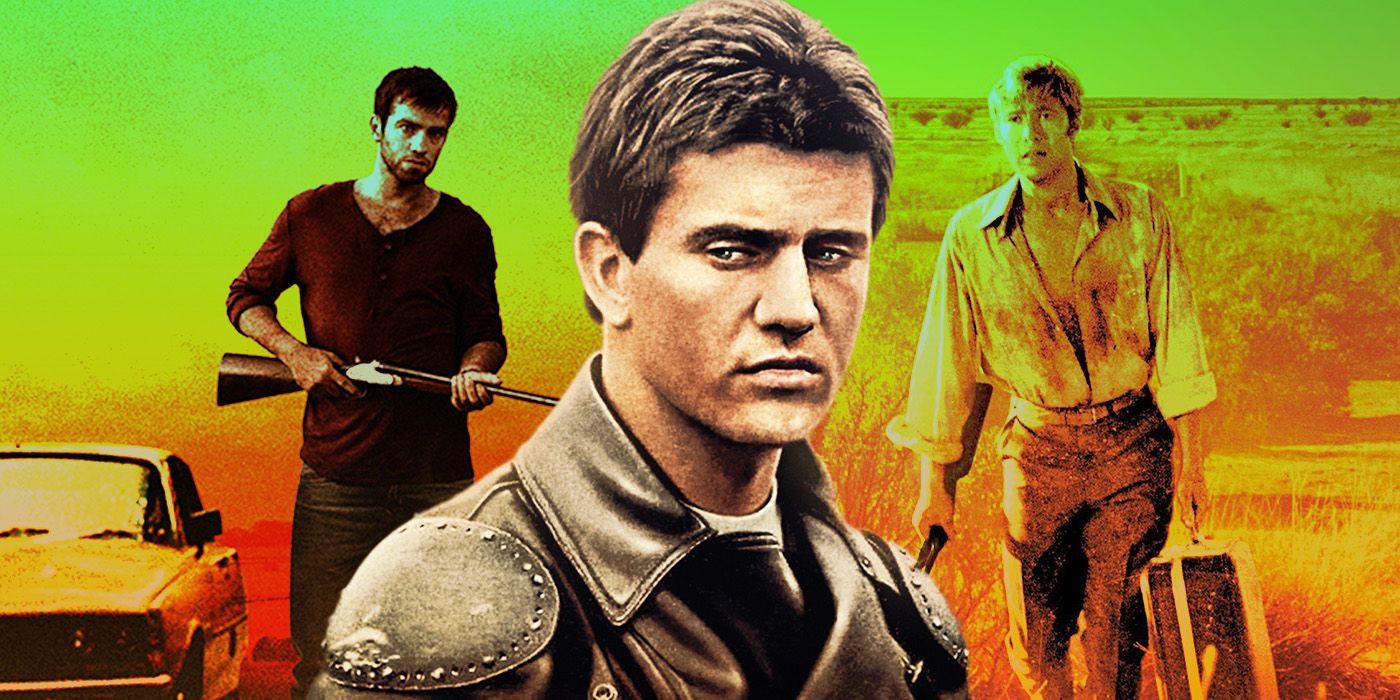
When you read the script, it’s possible for you to see him, right?
It’s an opportunity to play something that you rarely get the opportunity to do.
FINNEGAN: You found interesting elements to bring out in the character, too.
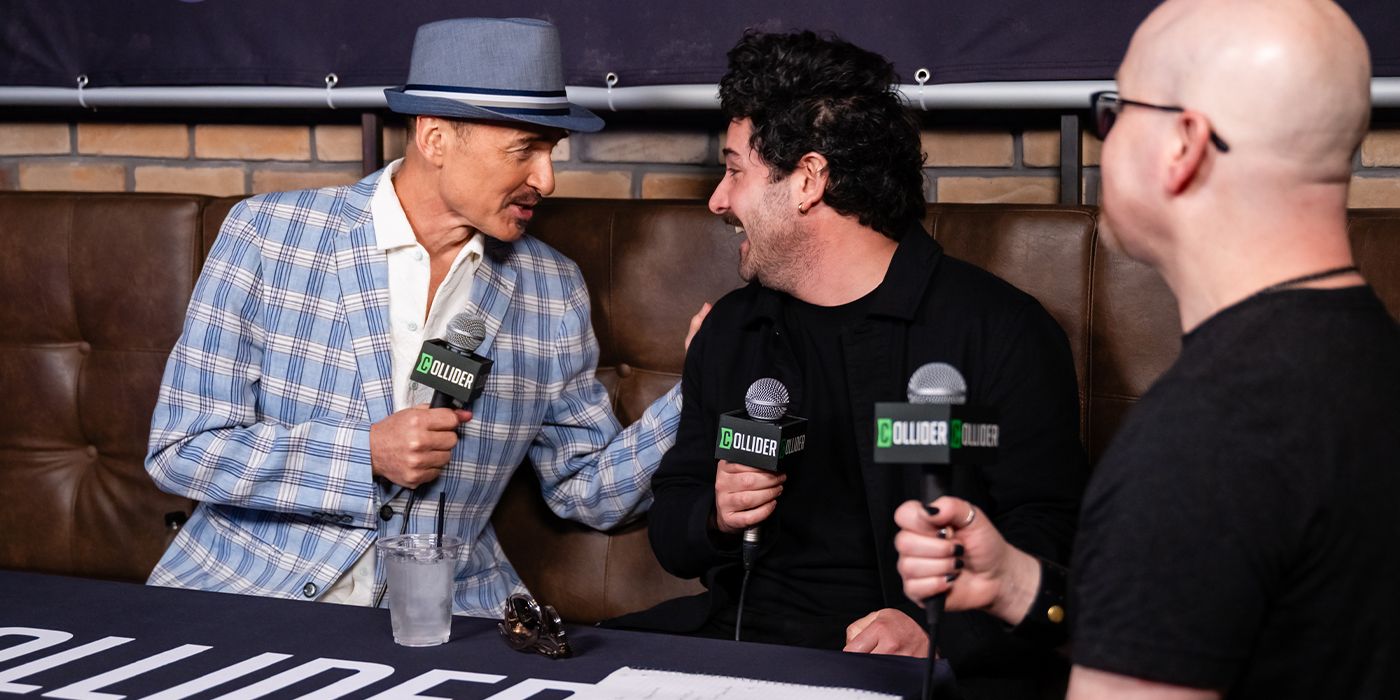
Image by Photagonist
FINNEGAN: It’s kind of ambiguous, which is interesting.
MCMAHON: You’ve got all these different elements to play.
There was so much depth to this character, so it was just a really great opportunity.
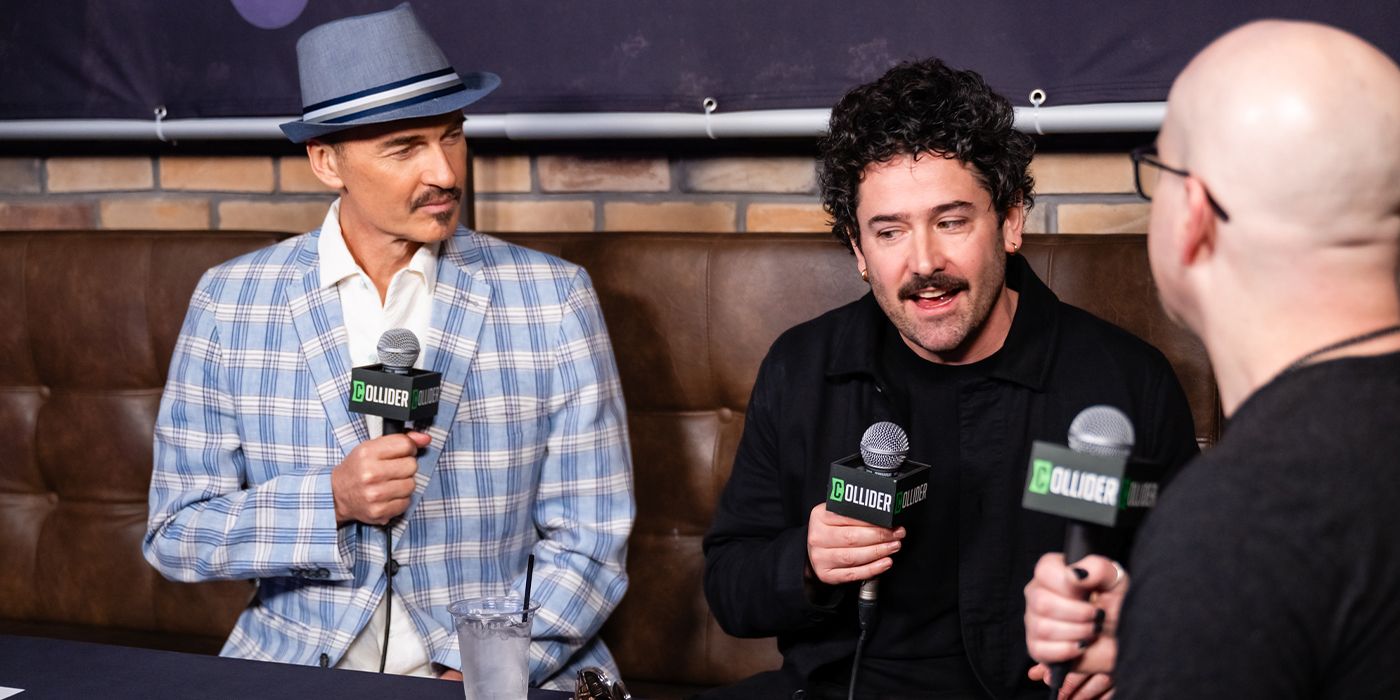
Image by Photagonist
I’m so fascinated by how actors work and get ready to step on set that first day.
What is it like in that month leading up to that first day of filming?
In your head, how much are you thinking about everything?
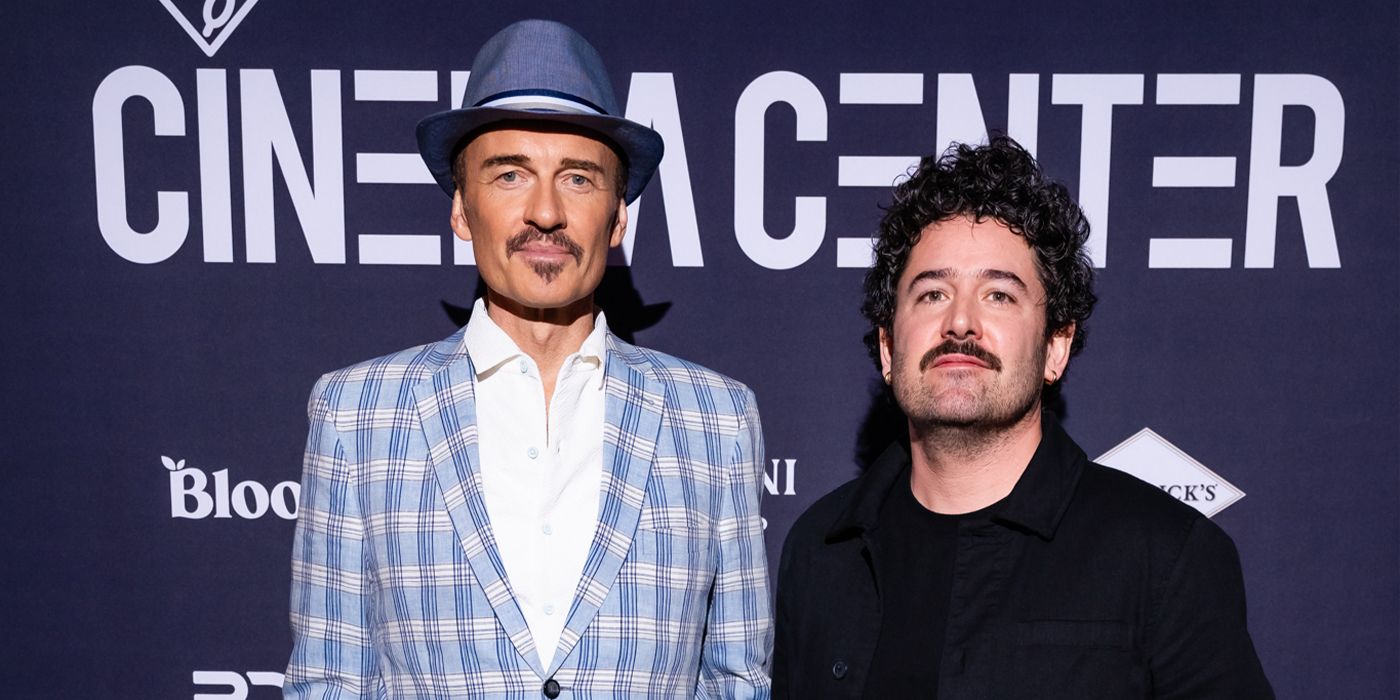
Image by Photagonist
MCMAHON: You do a lot of preparation.
One thing I decided on this movie was I didn’t want to be overprepared.
I wanted to work off of that, and then I wanted to work with him.
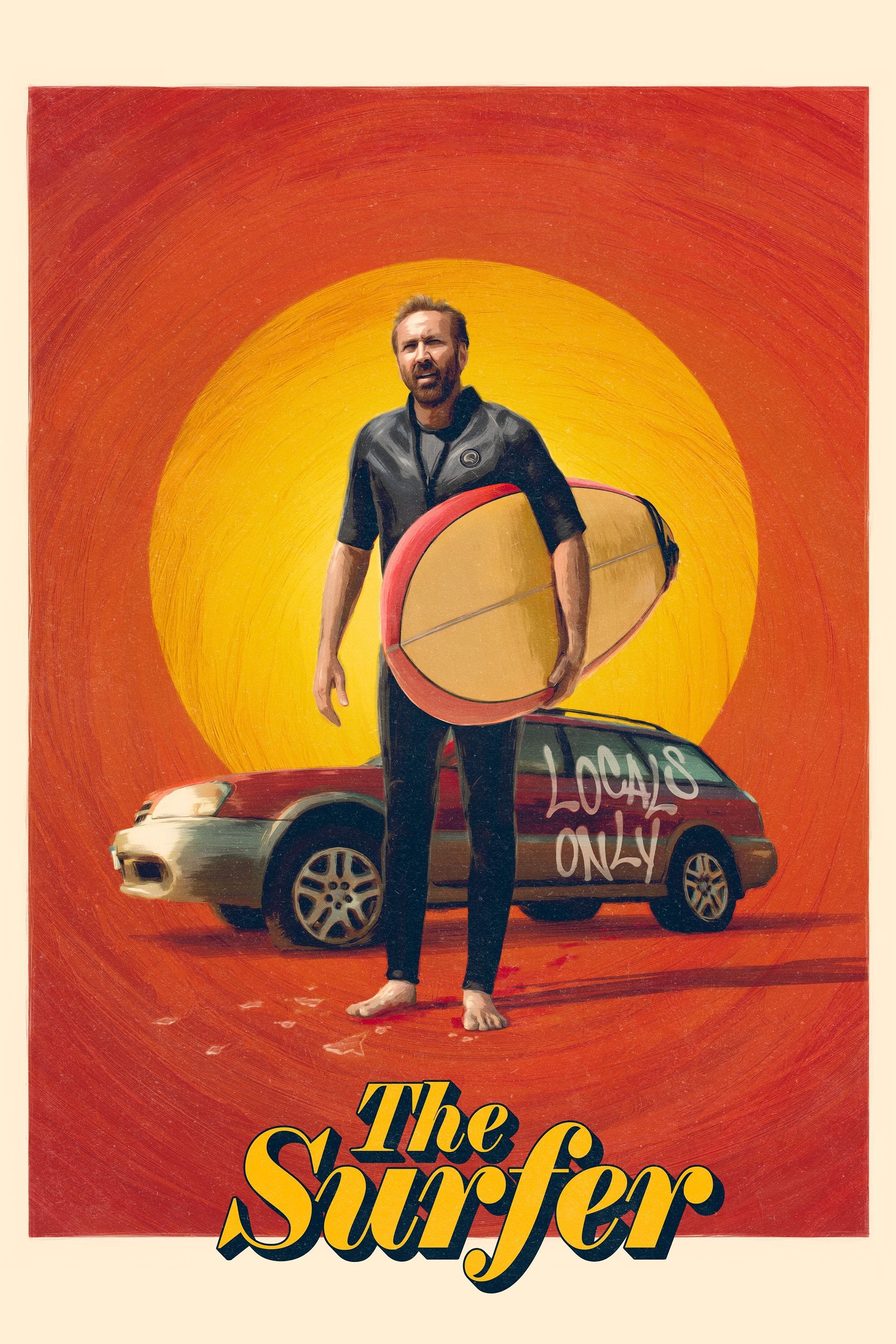
We’d had numerous discussions about what we were thinking.
I remember the first thing we shot was that burger scene.
It was like a five-page scene.
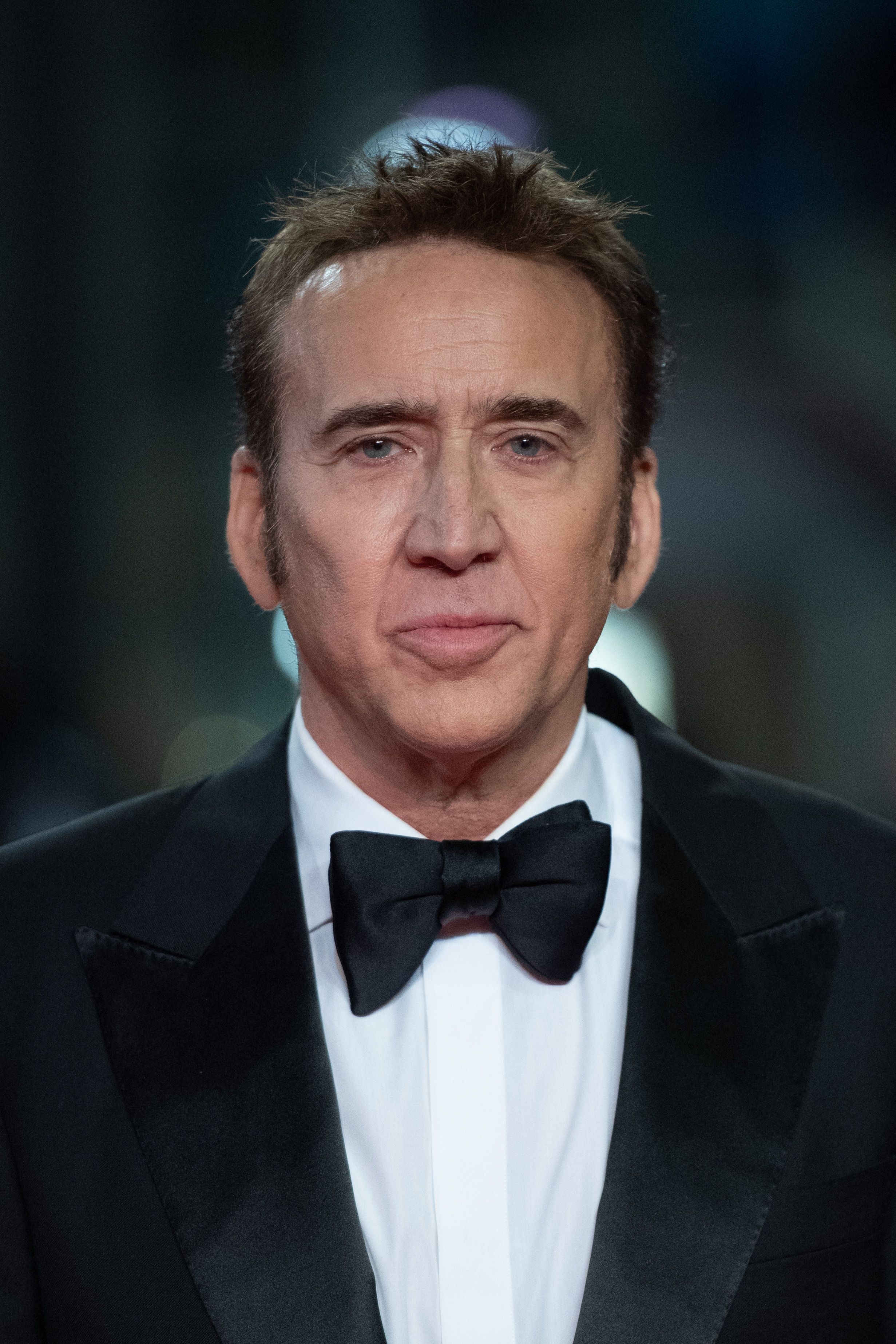
That sandwich scene is awesomeit’s fantastic.
That was your first day?
FINNEGAN: That was day one.
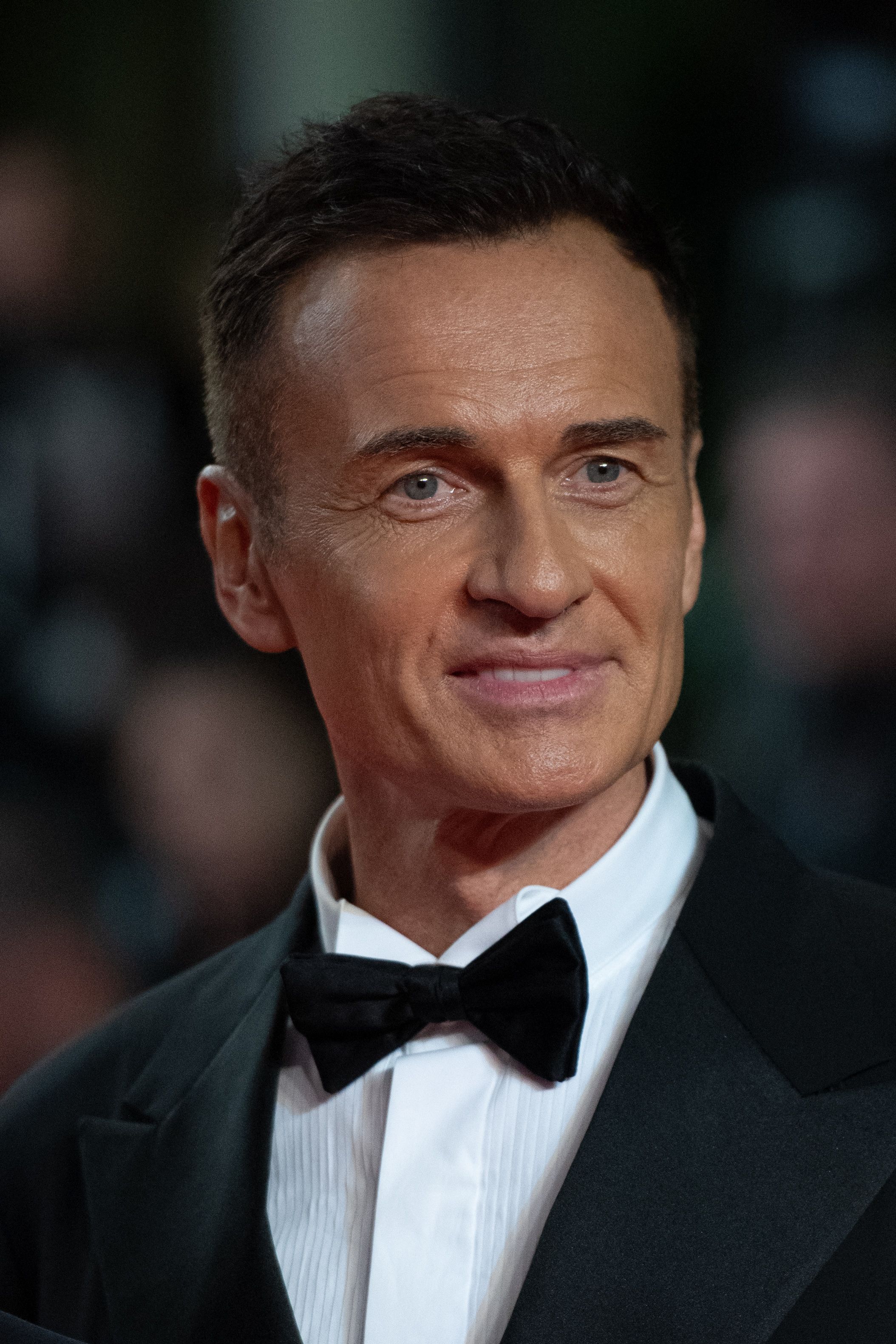
That was also me going, I hope the chemistry works between these two people.
They just met on set in that scene, and you’re, like, holding his face.
[Laughs]
MCMAHON: We did 10 different interpretations of it to try and find the right one.

FINNEGAN: He’s very prepared, but we didn’t have any rehearsal time on the film.
He had a very particular view on the rhythm of his speech, which is interesting.
Very prepared and great energy.

We moved very fast, as well.
We were only shooting for about 27 days.
It was like, Go, go, go!

If the tape was good, we’d move on.
MCMAHON: It was a rehearsal for the whole movie.
That’s also a critical scene in the movie.
“Why Doesn’t He Just Leave?”
This age-old audience question was answered in the edit.
I’m fascinated by editing because it’s ultimately where it comes together.
Are you ready to jump out the window?
FINNEGAN: Absolutely, its the worst feeling in the world!
Ah, god, man.
It’s not his faultit’s my fault.
It’s just a mess and it’s horrible.
That’s the challenge.
It allowed for interesting shifts in time and perspective in the cut.
That’s actually what I wanted to get into because you are keeping the audience off balance.
You’re not 100% sure what exactly is going on.
That had to have been a little bit tricky in the edit.
What did you learn from those early screenings that impacted the finished film?
FINNEGAN: There was only really one challenge, which was always in the scripts.
It was one of those things where it’s like, Why doesn’t he just leave?
He’s like, “You don’t belong here anymore.”
That’s the thing that makes you understand thatbeing told to leave is what’s making him stay.
That was the only thing, really.
A lot of that stuff just had the producer asking, Why are you doing this?
Why is this guy on the beach lying in the sand?
It just felt like we needed those elements.
They were really inspired by Nicolas Roeg’s films, as well.
You mentioned the Australian New Wave.
There’s going to be people who are watching who are not familiar with it.
Is there a film or two that you really want to single out?
FINNEGAN: I’d sayWalkabout,Wake in Fright,Long Weekend,Picnic at Hanging Rock.
There are so many, and they’re all so good.
There’s just a period of time when there were just these really interesting films.
A beginner’s guide to Australia’s defining cinematic era.
There’s an element to the film of talking about being an outsider in your own home.
Could you talk a little bit about those themes of the film?
FINNEGAN: They were always elements for this character.
He wants this materialistic stuff to fix his emotional needs.
One of the things that was great to work on in the film was music, Francois Tetazs score.
It just evokes a feeling.
That’s what we’re trying to do with the score.
Its the auditory memory for the character.
You see the shooting schedule in front of you.
You know it’s a tight shoot.
FINNEGAN: There was a lot of that.
MCMAHON: I think every day was, How the F are we going to film this?
Sometimes there would be no water.
All of that water stuff was super tricky.
MCMAHON: I was looking forward to all of it.
There were so many creative elements to each day.
Because of the schedule, we had to be creative on the fly.
Lorcan, a lot of the time, was just like, I think I need this.
I want to find this.
Can we find this?
That was really interesting.
It was a hard scene.
FINNEGAN: Every film is different.
It requires a different way of thinking.
With this film, we didn’t really storyboard anything.
On this film, it was quite unique because we had this one location, this car park.
We clad it with some stuff, but everything was just there.
It’s like a stage.
So, we figured out a lot of stuff.
We just figured out the blocking and general ideas.
When we got to it, then we had a bit of a plan.
Some directors, like Ridley Scott, shoot with eight cameras.
Roger Deakins, it’s one camera and that’s it.
Are you typically one camera on set, or do you take a stab at do multiple cameras?
FINNEGAN: No, I have, in the past, only used one camera.
What I wanted from the second camera, though, wasn’t a typical sort of cross shooting.
We wanted all those masculine textures to be in the film, and it was great.
The film premiered at Cannes, which is a really big deal.
What did that mean for you to be at the festival, and now you’re at SXSW?
These are really big festivals to be playing your movie.
FINNEGAN: Yeah, incredibly lucky.
It was in the Palais and all that.
That was the last time I was in Austin, so it’s great to be back here.
The festival’s so cool.
What was your experience there?
What did it mean to you to have this premiere there and now you’re at SXSW?
MCMAHON: The Cannes experience is something.
Are there like thousands of people outside?"
Its very different here.
I mean, it’s a parade of life itself.
It was an out-of-body experience, to a certain extent.
Then, even the hotel was just rock and roll for four days straight.
I was only there for four days.
I’m sure it kept going for the whole two weeks, but it just did not stop.
The thing that I really loved about Cannes is how they treat premieres.
Everyone in tuxedos, everyone dressed up, so fancy to go see a movie.
There’s no place on Earth that treats the art form like that.
FINNEGAN: No, it’s wild.
People from outside of the film business think that’s what directors walk around in all the time.
You’re always on red carpets wearing tuxedos.
It’s completely the opposite of reality.
It’s like pretend land for two weeks.
MCMAHON: It’s just masterfully done, the way that it’s executed.
The way that it’s put together.
The Surfer makes waves in theaters on May 2.
Your Rating
Your comment has not been saved